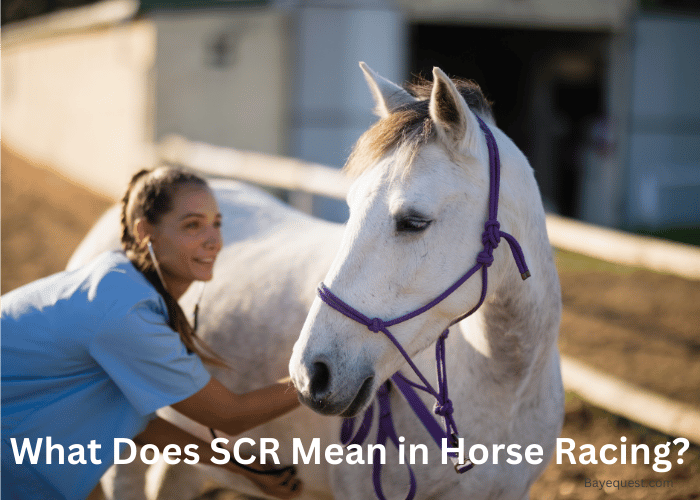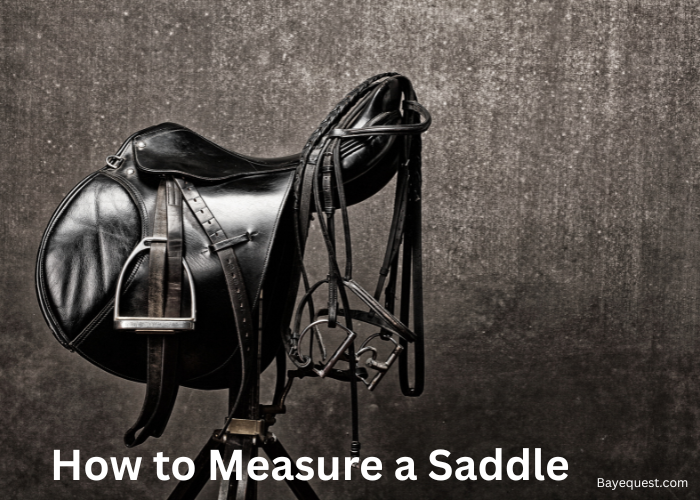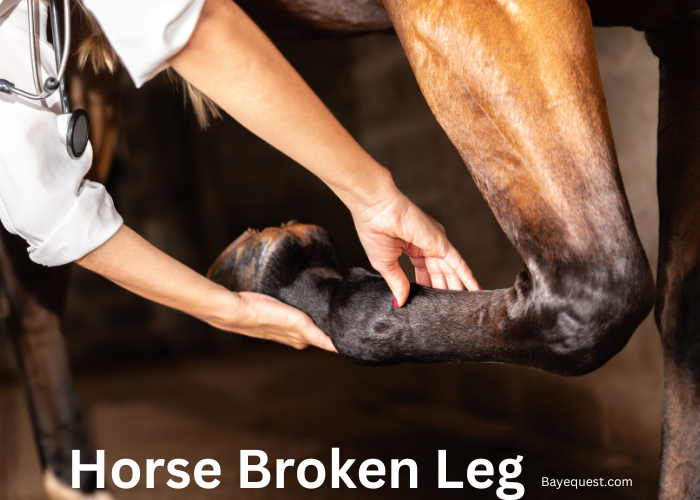In horse racing, there’s a little term that can cause big changes: SCR. It’s the three letters every bettor dreads but needs to know.
When a horse is scratched, it’s out of the race, and that can turn the odds—and your bets—upside down. But why does it happen? Is it bad weather, a health issue, or something else?
Let’s break down what SCR means and why it’s the word that can make or break your day at the track.
What Does SCR Mean in Horse Racing? Key Takeaway
SCR in horse racing stands for “scratched.” It means a horse has been pulled from a race, often due to health issues, weather conditions, or a trainer’s decision. When a horse is scratched, it doesn’t run, impacting bets and race outcomes. Understanding SCR is essential for both racing fans and bettors.
Definition of SCR
SCR stands for “scratched.” In horse racing, when a horse is scratched, it means the horse has been pulled out of the race. It’s not running.
This can happen for several reasons—maybe the horse isn’t feeling well, or the track conditions aren’t right. Whatever the reason, when you see SCR next to a horse’s name, that horse is out of the competition.
It’s a simple term, but it can change everything in the race.
Why Would a Horse Get Scratched From a Race?
There are several reasons a horse might get scratched from a race, each ensuring safety and fairness on the track. The reasons include:
Illness or injury
A horse might get scratched from a race because of illness or injury. If the horse isn’t feeling right, it’s not safe to let it run.
This could be anything from a minor issue, like a slight fever, to something more serious, like a leg injury. The horse’s health comes first, and if there’s any doubt, the best choice is to scratch it from the race.
No one wants to risk the horse’s well-being for the sake of a race. It’s better to be safe than sorry.
Trainer’s decision
Sometimes, it’s the trainer who decides to scratch the horse. Trainers know their horses inside and out.
If they think the horse isn’t ready, they’ll pull it out. This might be because the horse didn’t respond well to training that week or just isn’t in the right condition.
Trainers make these decisions to protect the horse and ensure it only runs when it’s at its best. It’s a call based on experience and deep care for the horse’s performance and health.
Poor temper
A horse with a poor temper can be a danger on the track. If a horse is acting up, becoming too aggressive, or simply not cooperating, it might get scratched.
Horses need to be calm and focused to race. If they’re not, they could hurt themselves or others. It’s not worth the risk.
Sometimes, a horse just isn’t in the mood, and it’s better to let it sit this one out. A calm horse is a safe horse.
Poor weather conditions
Weather can be unpredictable, and when it’s bad, it can lead to a scratch. Heavy rain, a muddy track, or extreme heat—these conditions aren’t ideal for racing.
They can make the track slippery and dangerous, or just too tough for the horse to handle. If the weather isn’t cooperating, it’s sometimes best to scratch the horse and wait for a better day.
Safety on the track is always the top priority.
Administrative or entry issues
Sometimes, the reason for a scratch is as simple as paperwork. Maybe there was a mix-up with the entries, or a mistake in the registration.
It’s not the horse’s fault, but if the details aren’t right, the horse can’t race. These issues are frustrating, but they happen.
It’s a reminder that every part of the process, from training to paperwork, needs to be perfect. A scratch due to administrative problems is rare, but it does happen.
Steward scratching
A steward scratching happens when the officials in charge decide to pull a horse from the race. This could be due to concerns about the horse’s health, behavior, or even something noticed during the pre-race check.
The stewards are there to make sure everything is fair and safe. If they see something off, they’ll scratch the horse.
It’s a decision made to protect everyone involved—especially the horse. The stewards have the final say, and their word is law.
Impact of SCR on Betting
When a horse is scratched, it shakes up the betting scene. If you’ve placed a bet on that horse, it could mean a refund or an adjustment, depending on the type of bet.
For example, in a win or place bet, you’ll usually get your money back. But in exotic bets like exactas or trifectas, the remaining horses might still run, and your bet gets recalculated.
SCR can also change the odds for other horses, making favorites even stronger or opening the door for long shots. Always check for SCR updates before placing your bets to avoid surprises.
Famous SCR Incidents in Horse Racing History
Throughout horse racing history, there have been some famous SCR incidents that shocked fans and bettors alike.
One of the most notable was Big Brown in the 2008 Belmont Stakes. Everyone expected him to win the Triple Crown, but he was scratched due to a hoof issue, dashing those hopes.
Another big moment came in 2019 when Omaha Beach was scratched from the Kentucky Derby. He was the favorite, and his sudden withdrawal turned the betting world upside down.
These scratches didn’t just change the races; they rewrote the storylines and left fans wondering what could have been.
How to Stay Informed About SCR in Horse Racing
Staying informed about SCR in horse racing is key if you want to make smart bets.
First, check online resources like racing websites and apps—they usually have the latest updates on scratches.
On race day, grab a race program. It’s a reliable source for up-to-the-minute information. Here’s our guide on how to read a horse racing program.
Listening to track announcements is also a must. Sometimes, scratches happen last minute, and you’ll hear it straight from the source.
By keeping an eye on these updates, you’ll be in the know and ready to adjust your bets as needed.
FAQs
Why do steward scratch a horse?
Stewards scratch a horse to ensure the safety of the horse, the jockey, and everyone involved in the race. This decision can be made for several reasons, including the horse’s health or behavior. The stewards are responsible for maintaining fair and safe racing conditions, and if they detect anything that could pose a risk, they’ll pull the horse from the race.
Read also: How Much Money Do Horse Jockeys Make?
Do you get your money back if you bet on a scratched horse?
Yes, in most cases, you do get your money back if you bet on a scratched horse, especially in standard win or place bets. The bet is voided, and the amount you wagered is refunded. However, in exotic bets like exactas or trifectas, the outcome depends on the specific rules of the betting pool.
Conclusion
So, there you have it—SCR might be just three little letters, but they pack a punch in horse racing. Whether it’s due to health concerns, a trainer’s call, or a steward’s ruling, when a horse gets scratched, it changes everything.
For bettors, it can mean refunds, recalculations, or even a whole new game plan. The next time you see SCR, you’ll know exactly what’s going on and why it matters.
Stay sharp, stay informed, and remember—horse racing is always full of surprises, and SCR is just one of them.
Now, check out our article on furlong in horse racing to understand how distance plays a crucial role in every race.








